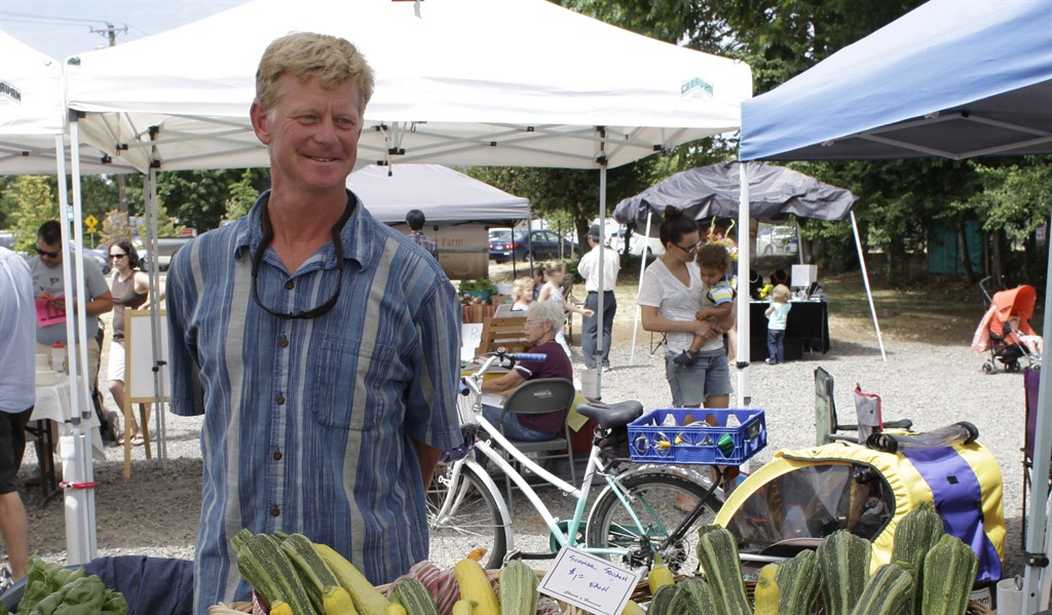The Montana Local Food Choice Act, which was passed in 2021, is now facing a legal challenge. The law loosens restrictions on homemade food producers to make it easier for smaller outfits to operate in the state.
But now, a new lawsuit threatens to reimpose many of the regulations that prevent these small businesses from competing with larger enterprises.
The Local Food Choice Act deregulates certain homemade food producers by exempting them from onerous food licensure, certification, packaging, labeling, and inspection regulations. It also waived other standards and requirements. The purpose of the act is to encourage the sale and consumption of homemade food and products by removing the obstacles caused by excessive mandates. It would also promote the expansion of agricultural sales from ranchers, farms, and home-based producers and make it easier for consumers to procure them.
Now, the law is facing a lawsuit filed by Jeffrey P. Havens, a former government employee.
Montana’s First Judicial District Court is being asked to review the state Legislature’s “Food Freedom” bills enacted in 2021 and 2023. The legislation is known as the “Montana Local Food Choice Act.”
The legal action challenging the law was brought by Helena, MT, resident Jeffrey P. Havens, who, from 2012 to 2022, was Montana’s commercial food safety officer. He is currently a state-licensed biology science teacher
Havens has filed a 429-page pro se lawsuit, naming Montana Gov. Greg Gianforte and the state’s other top officials as defendants.
Havens’ lawsuit argues that the act runs afoul of three separate articles of the Montana Constitution. These include issues related to equal protection, separation of subjects, and local government powers. The plaintiff contends that the legislation undermines consumer protections, mismanages the distinction between local and interstate commerce, and usurps local government authority to ensure their own food safety standards. He expresses concerns about potential public health risks.
This story illustrates why excessive regulations imposed by governments stifle growth and competition under the guise of promoting public safety. In this case, it also inhibits small-scale food producers and prevents consumers from accessing local, homemade food products. By forcing local food producers to navigate the labyrinthine complexities of licensures and regulations, they are depriving local communities of choices.
Allowing these individuals to create and run their small businesses can help to revitalize local agricultural communities. It is a far better solution than imposing heavy-handed regulations on low-risk mom-and-pop enterprises.
There are other benefits to deregulating this industry. It opens up new markets for small farmers and home-based producers, which empowers them to sell directly to consumers without the prohibitive costs of commercial licensing and inspections. The savings can then be passed along to the consumer. This arrangement creates a diverse local economy and fosters the entrepreneurial spirit.
Consumers will benefit because of lower costs, but they can also enjoy healthier and more diverse food options rather than being limited to larger companies. There is a growing sentiment among Americans that consumers should know where their food is sourced. This legislation supports this initiative.
The government should never be in the business of stifling growth through oppressive regulations that do little to keep people safe. The better way would be the liberty to sell one’s products without the state becoming a hindrance. Hopefully the court also sees it this way.













Join the conversation as a VIP Member